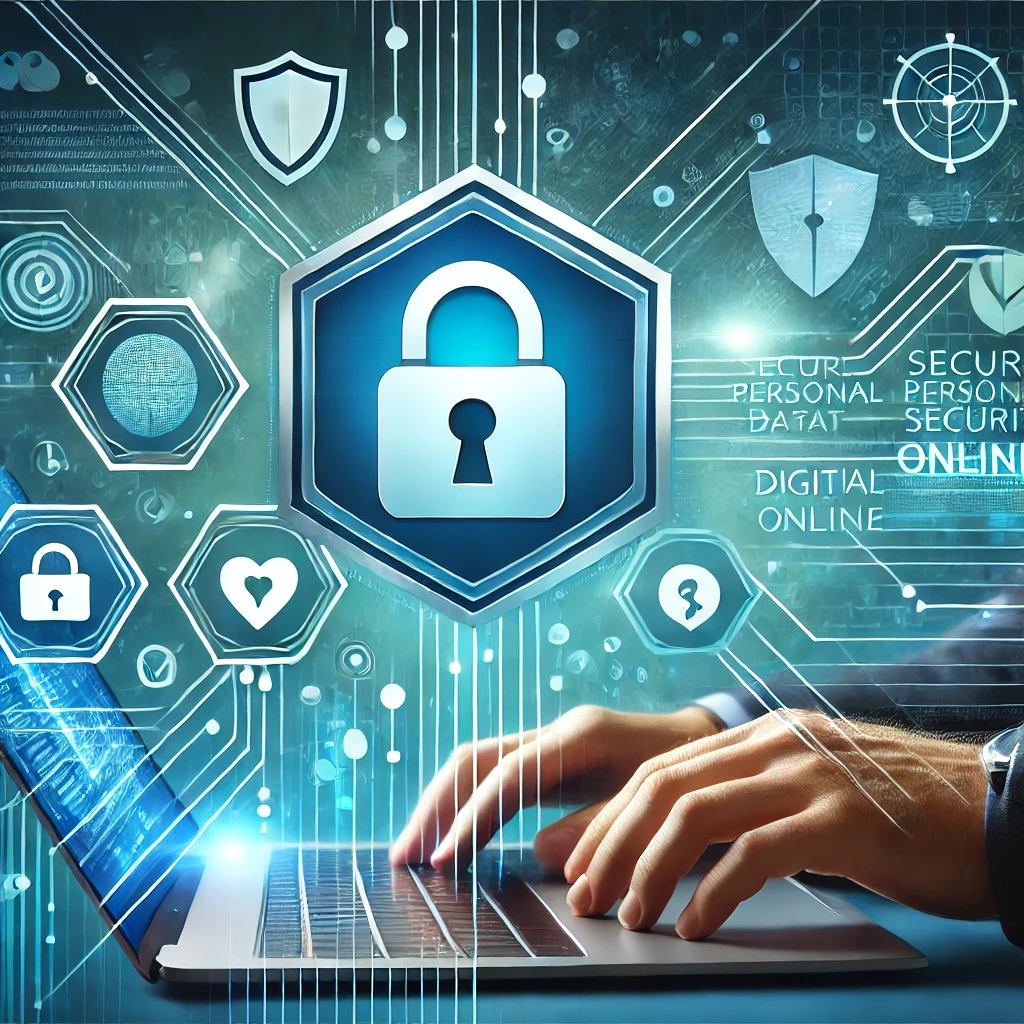
Simple Ways to Secure Your Personal Data Online
In today's digital age, keeping your personal data secure online is more important than ever. With so much of our lives lived on the internet, from social media to online banking, protecting our personal information is a top priority. But how can you ensure your data is safe from hackers, scams, and other online threats? Let’s dive into some simple, effective ways to protect your personal data and stay safe online.
Why Securing Your Personal Data Online is Crucial
Every time you click "I agree" or sign up for a new service, you’re sharing personal information. It could be your name, email address, phone number, or even more sensitive details like bank account numbers or health information. Hackers are always looking for ways to exploit vulnerabilities, which is why securing your data is more important than ever. By implementing just a few simple habits, you can drastically reduce your chances of becoming a target.
Tip 1: Use Strong Passwords
One of the easiest and most effective ways to protect your data is by using strong passwords. A strong password is a mix of uppercase and lowercase letters, numbers, and special characters. Avoid using common words or predictable sequences like "123456" or "password." And remember, the longer the password, the harder it is to crack.
Bonus Tip: Use a Password Manager
Keeping track of strong passwords can be tricky, especially if you’re using different ones for every account. This is where a password manager comes in handy. These tools securely store and generate passwords for you, so you don’t have to remember them all.
Tip 2: Enable Two-Factor Authentication
Two-factor authentication (2FA) adds an extra layer of protection to your accounts. Even if a hacker manages to obtain your password, they won’t be able to log in without the second factor – usually, a code sent to your phone or email. This makes it much harder for unauthorized people to access your accounts.
Tip 3: Secure Your Smartphone
Your smartphone holds a lot of personal data, from photos to contacts to bank details. To keep it safe, make sure to use a strong lock screen and activate biometric authentication like face recognition or fingerprints. This simple step can make a huge difference in protecting your data.
Tip 4: Download Free Apps for Productivity Safely
It’s tempting to download the latest apps to boost your productivity, but it’s important to be cautious. Always download apps from trusted sources like the Google Play Store or Apple App Store. Read user reviews and check the app’s permissions before installing it. Some free apps might ask for unnecessary permissions that could compromise your privacy.
Tip 5: Keep Your Software Updated
Whether it’s your smartphone, laptop, or any other device, always keep your software up to date. Software updates often contain patches for security vulnerabilities, so not updating could leave your data at risk.
How to Protect Your Data on Your Laptop
If you're wondering how to protect personal data on your laptop, start by encrypting your hard drive. This will add an extra layer of security in case your laptop is stolen. Additionally, using a secure Wi-Fi connection and avoiding public Wi-Fi networks for sensitive transactions can help protect your personal information.
Tip 6: Use a VPN for Privacy
A Virtual Private Network (VPN) encrypts your internet connection, making it much harder for anyone to track your online activities. VPNs are especially important when you're using public Wi-Fi or accessing sensitive information online. If you're new to VPNs, check out this Beginner’s Guide to Using VPNs for more info!
Bonus Tip: Look for AI Tools to Boost Productivity
AI tools not only help you be more productive but can also assist in securing your data. AI-powered security software can detect threats in real-time and block malicious attempts to access your personal data.
Secure Your Online Presence with These Chrome Extensions
For an added layer of protection, consider using Chrome extensions designed to enhance your privacy and security. Some great options include:
- HTTPS Everywhere: Forces websites to use a secure connection.
- Privacy Badger: Blocks trackers and third-party cookies.
- LastPass: A password manager that securely stores your passwords.
Tip 7: Monitor Your Online Activity
One simple way to protect your personal data is by regularly monitoring your online activity. There are tools to track your screen time, check which apps are using your data, and help you spot unusual activity on your accounts.
Tip 8: Be Cautious with Social Media
Social media is a goldmine for personal information, so be mindful of what you share. Avoid oversharing personal details like your address, phone number, or vacation plans. Always review your privacy settings to control who can see your posts.
Conclusion: Stay Safe and Protect Your Data
Protecting your personal data online doesn't have to be complicated. With a few simple steps, like using strong passwords, enabling two-factor authentication, and securing your smartphone, you can significantly reduce your risk of a data breach. Remember, the internet is full of risks, but taking control of your online security is your best defense.
FAQs
- How can I make my passwords stronger?
Use a combination of letters, numbers, and special characters. Avoid common words and use at least 12 characters. - What is a VPN, and why should I use one?
A VPN encrypts your internet connection, helping to protect your online activity from hackers and trackers. - How can I secure my smartphone?
Use a strong password or biometric lock, enable two-factor authentication, and only download apps from trusted sources. - What are the best free apps for productivity?
Some great free apps include Google Keep, Trello, and Evernote. These apps help you stay organized and focused. - How can I protect my personal data when using public Wi-Fi?
Always use a VPN and avoid accessing sensitive information while on public Wi-Fi.